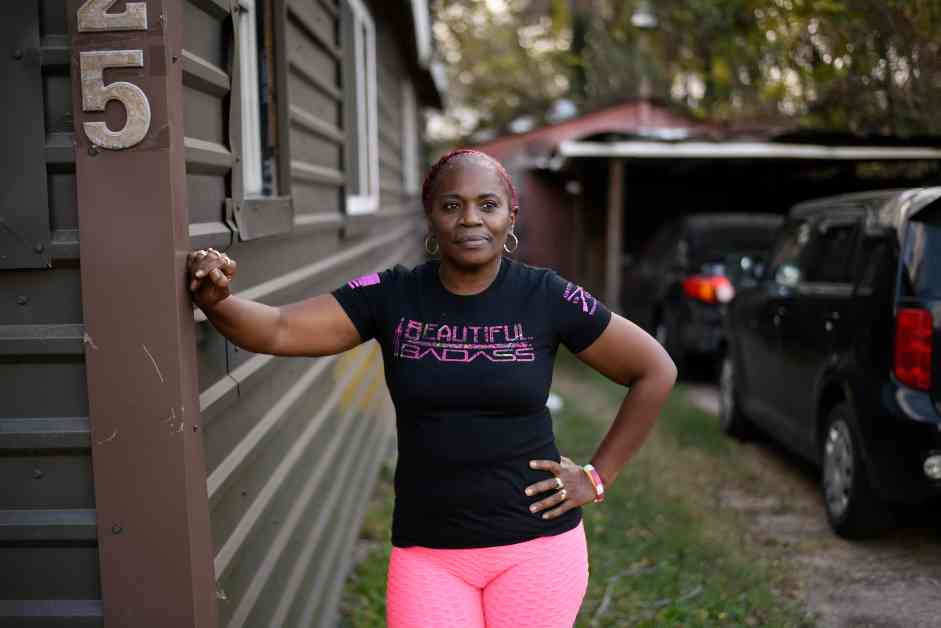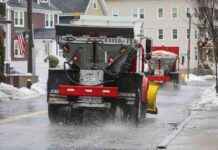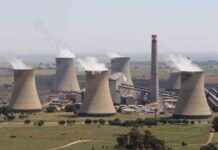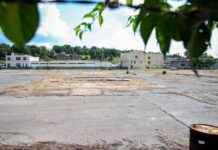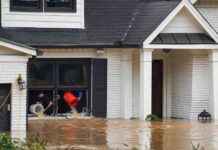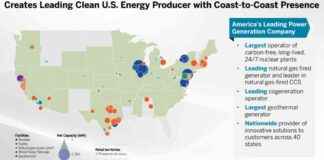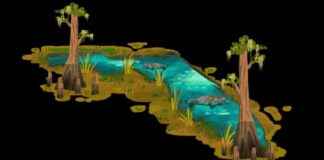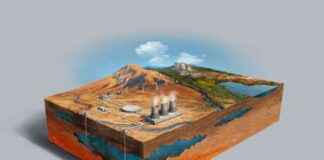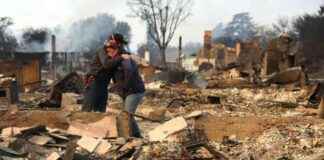**Texas Hit by Compound Climate Disaster: An Inside Look at the Aftermath**
Sandra Edwards, a 58-year-old resident of Houston, woke up to the terrifying sounds of Hurricane Beryl on July 8. As she navigated her damaged home, she realized the impact of yet another climate disaster on her life. This was not the first time her family home had been ravaged by extreme weather events. From Hurricane Harvey in 2017 to a derecho earlier this year, the house was barely standing. The lack of government support and infrastructure improvements left her feeling abandoned and angry.
CenterPoint’s Slow Response and Houston’s Struggles
Hurricane Beryl, a Category 1 storm, wreaked havoc on Houston, causing extensive flooding and power outages. The local utility company, CenterPoint, took two days to publish an outage map and two weeks to restore power to millions of homes and businesses. Residents were left vulnerable to the scorching heat and toxic air from damaged refineries. The aftermath of the storm led to over 40 deaths from various causes related to the disaster.
The Reality of Compound Disasters
Beryl’s impact highlighted the concept of compound disasters, where multiple extreme weather events coincide, exacerbating the effects on communities. Jennifer Trivedi, a disaster research expert, explained the complexities of dealing with such disasters and their disproportionate impact on vulnerable populations. Texas, known as the most disaster-prone state in the country, faced institutional failures and inadequate responses in the face of Beryl’s devastation.
Community Resilience and Advocacy
In the midst of the chaos, community organizations like the Coalition for Environment, Equity, and Resilience stepped up to support residents. Sandra Edwards, along with other ambassadors, worked to address the barriers preventing people from adapting to climate change impacts. Their efforts included providing food, assistance with FEMA applications, and mental health support, turning the community center into a vital hub for disaster response.
The personal stories of residents like Benjamin Broadway, a blind amputee, shed light on the flaws in emergency assistance programs like the State of Texas Emergency Assistance Registry. Despite being registered, Broadway received no help during Hurricane Beryl, emphasizing the need for more inclusive and effective disaster response strategies.
Looking Ahead: Calls for Action and Change
State Senator Carol Alvarado and other advocates are pushing for legislative changes to improve disaster preparedness and response, especially for vulnerable populations. The aftermath of Hurricane Beryl highlighted the urgent need for better infrastructure, healthcare access, and environmental protections in communities like the Fifth Ward.
As Texas continues to grapple with the impacts of climate change and industrial pollution, the resilience and advocacy of community members like Sandra Edwards and Benjamin Broadway serve as a powerful reminder of the importance of collective action in the face of adversity.
—
This rewritten article provides a detailed account of the challenges faced by Texas residents during compound climate disasters like Hurricane Beryl, emphasizing the need for community resilience and systemic change to address vulnerabilities and gaps in disaster response. Through personal stories and expert insights, the article highlights the urgent call for action to protect and support marginalized communities in the face of ongoing climate challenges.

